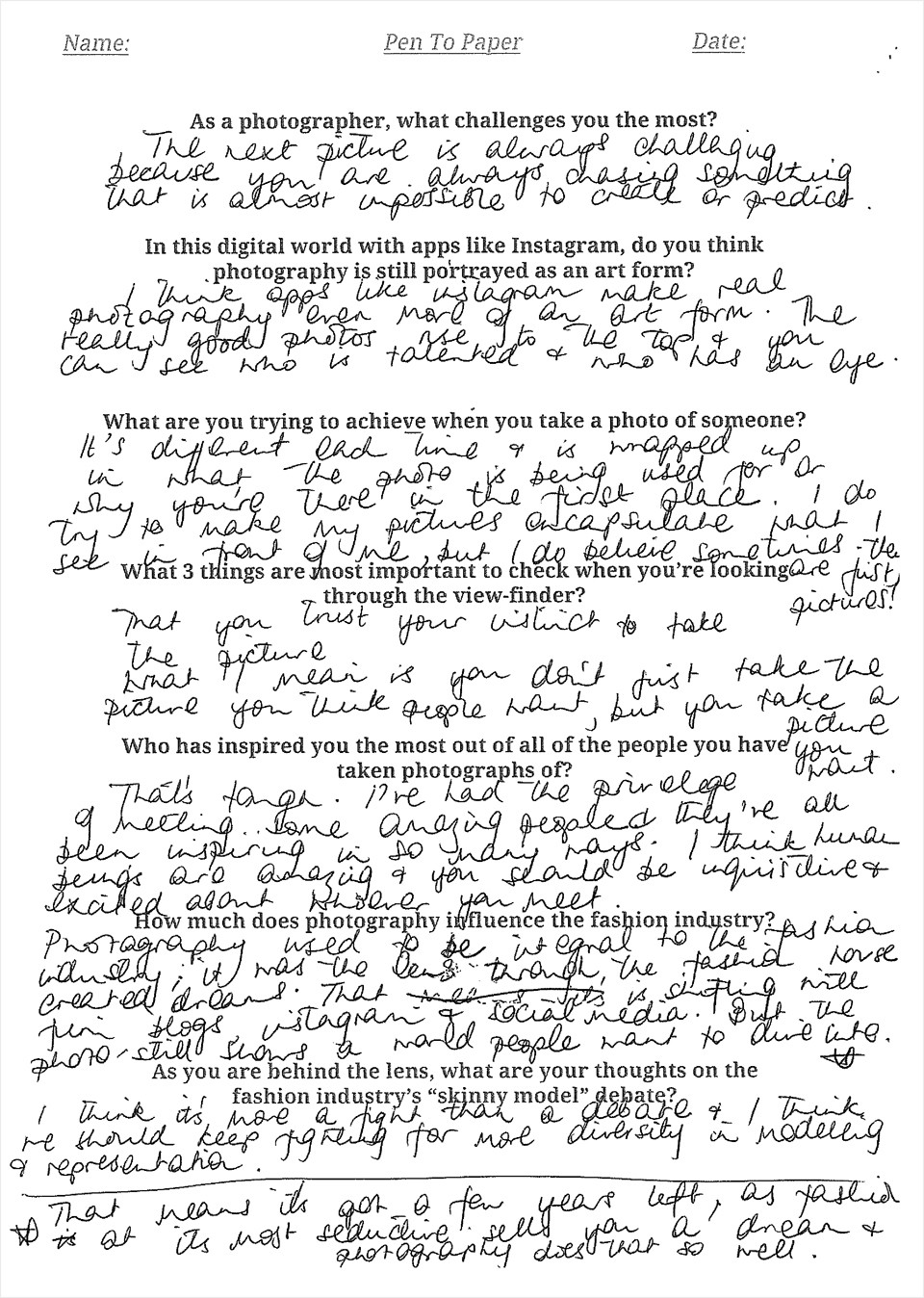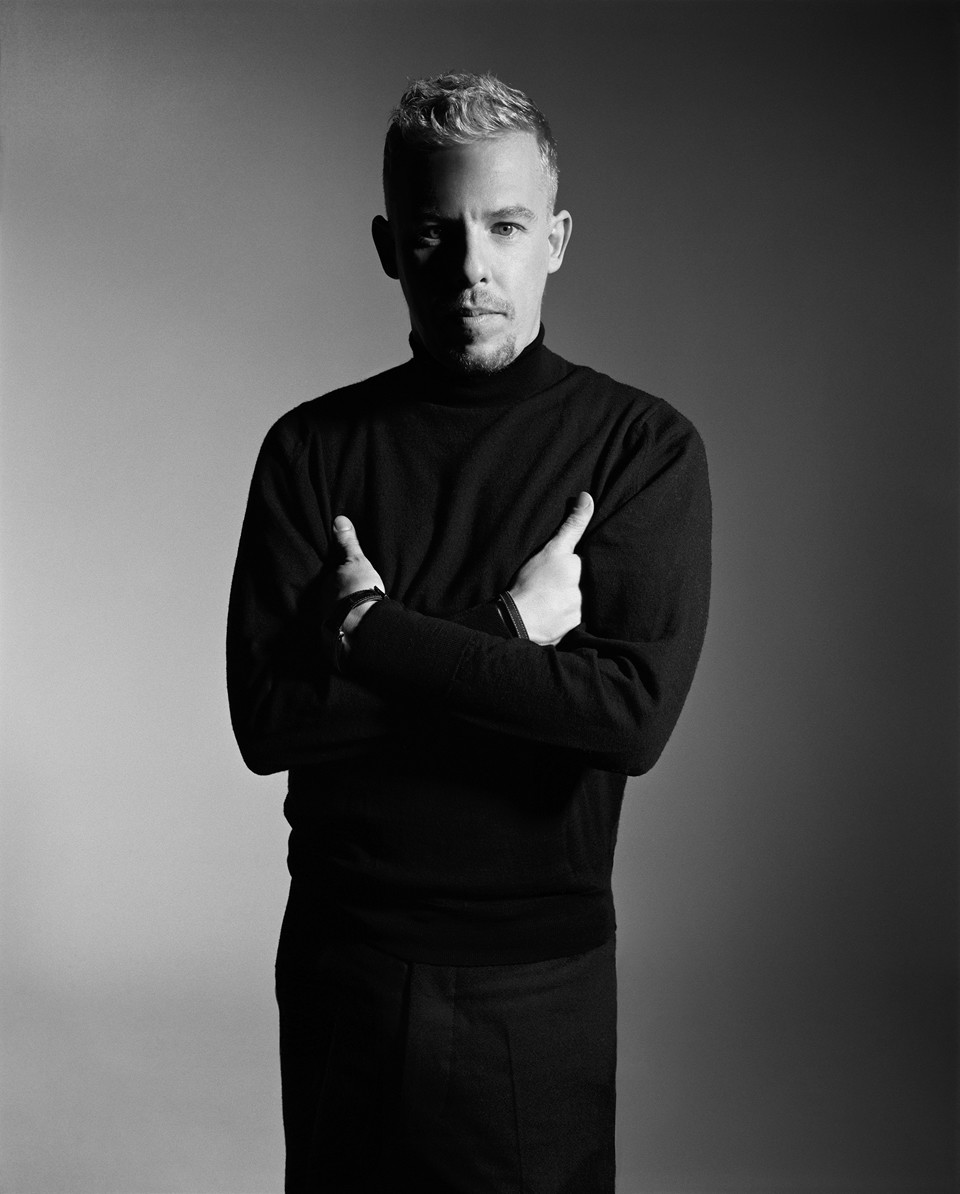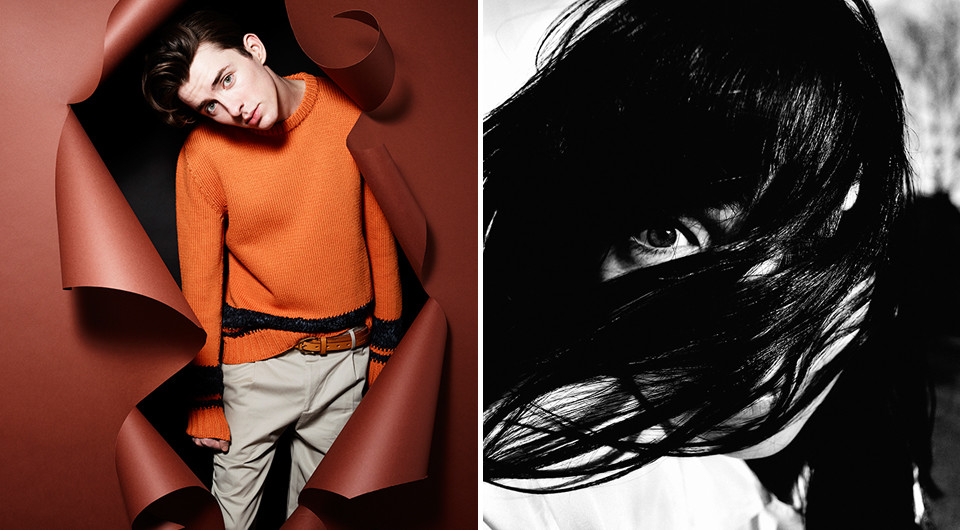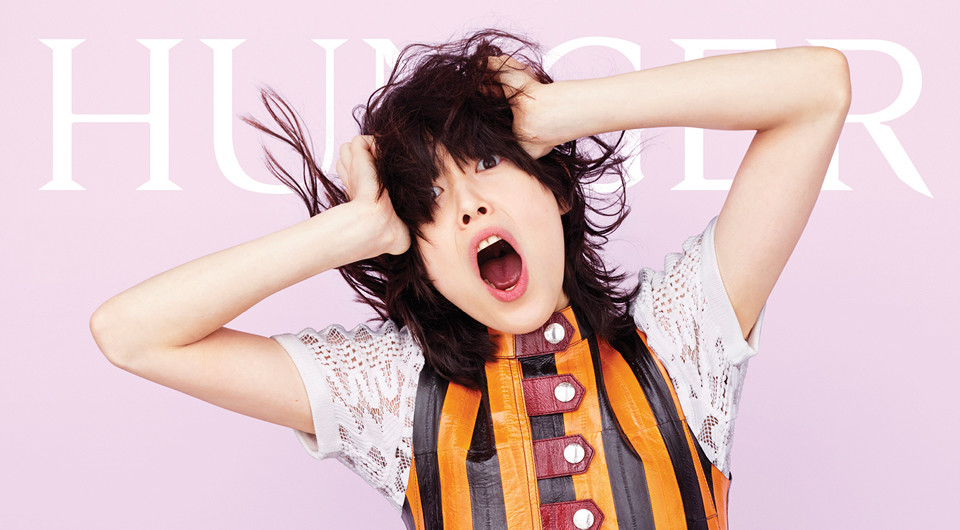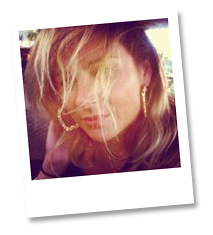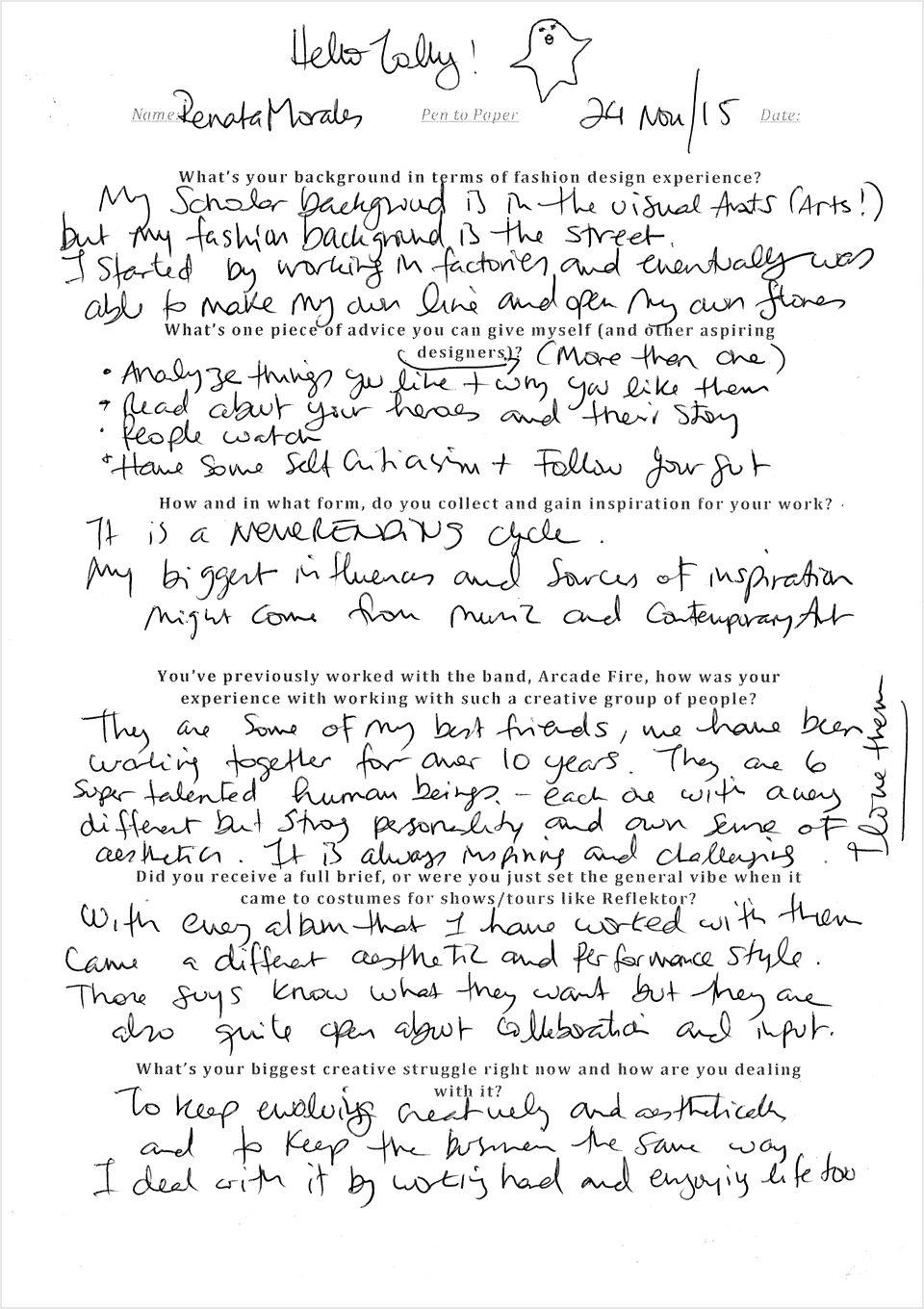‘Pen to Paper’ is a feature on TDP which involves an informal handwritten form of interview between myself and creatives – from fashion designers, photographers, journalists, artists and musicians, to people who generally inspire me from day-to-day.

Sheeza is the Founder and CEO of UpEffect, the platform which crowdfunds and supports emerging companies that are dedicated to improving the lives of citizens and the planet we live on.
Sheeza has a background in computer science and was named as one of the “Most Influential Women in Tech” by Computer Weekly. She was also awarded Silver at MassChallenge UK.
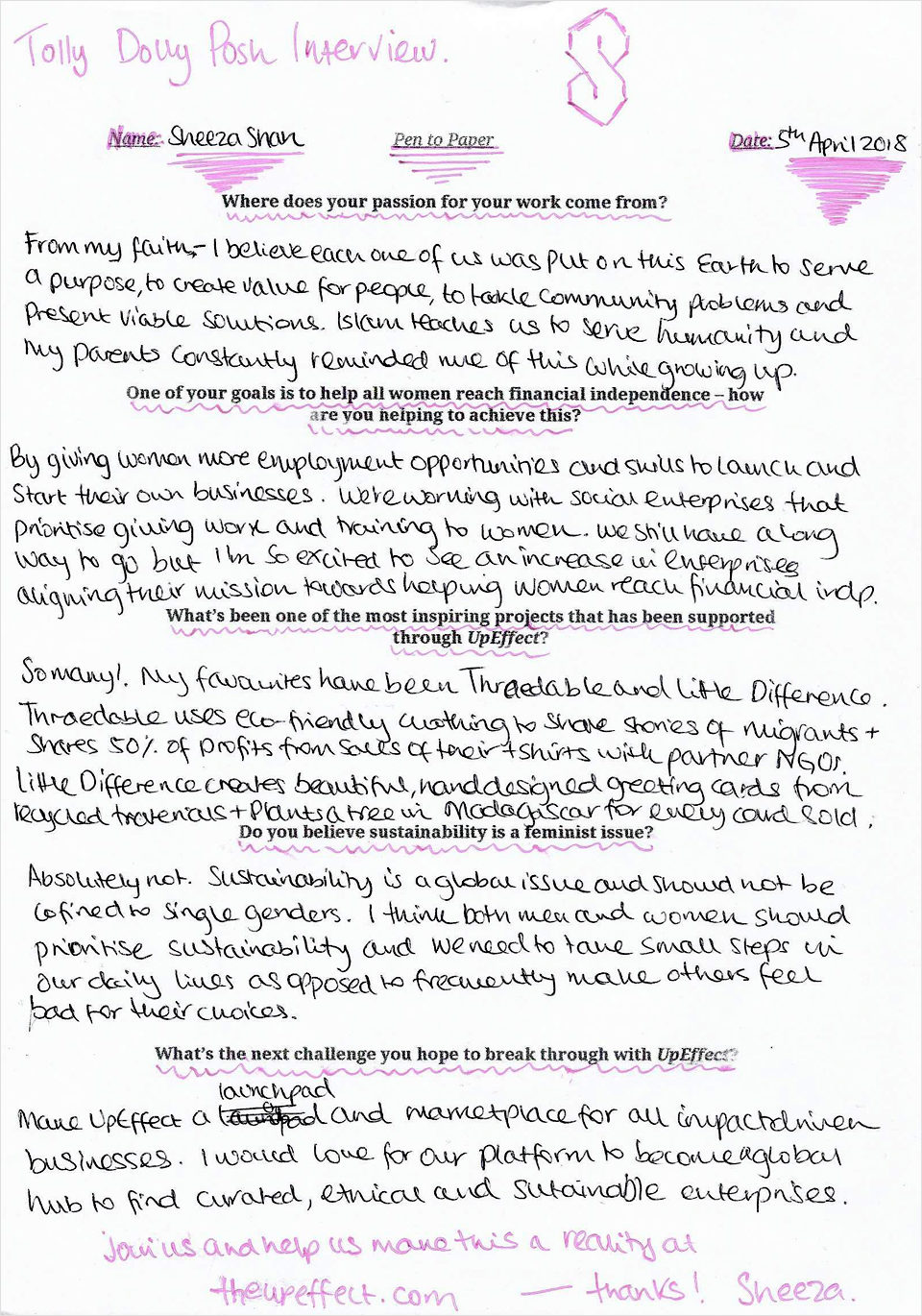
~ READ THE FULL TRANSCRIPT HERE ~
I would say my blog has started to open itself to more than just fashion when it comes to discussing sustainability and this interview fits perfectly in the middle. Today I want to grab your attention and introduce you to a woman who is supporting those doing good, whether it be for fashion or lifestyle (or more!). For this edition of Pen to Paper, I interviewed Sheeza Shah of UpEffect – a crowdfunding platform with a twist.
UpEffect is a platform that is supporting social enterprises, which if you didn’t know, are businesses which reinvest their profits back into the community or for specific causes. But it’s also more than that, due to Sheeza’s commitment to supporting female-led businesses, too.
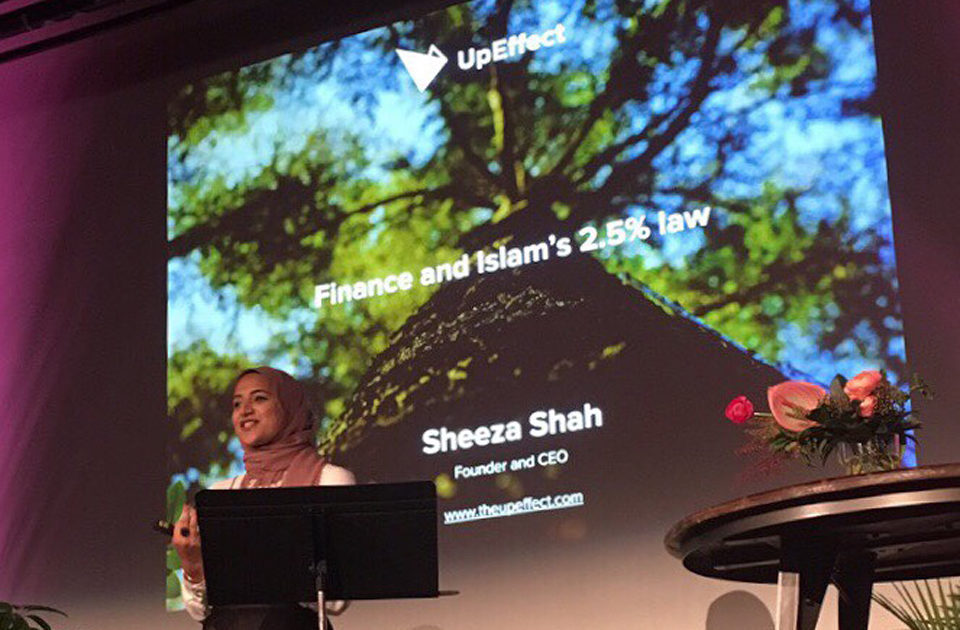
By giving women more employment opportunities and skills to launch and start their own businesses. We’re working with social enterprises that prioritise giving work and training to women. We still have a long way to go but I’m so excited to see an increase in enterprises aligning their mission towards helping women reach financial independence.
Although UpEffect isn’t specifically aimed at sustainable fashion ventures, seeing as 1 in 7 women worldwide work in the fashion industry in some shape or form, it’s reassuring to know that such a strong female voice is behind the platform that could help to push fashion in a more positive direction.
UpEffect has been behind the funding of social fashion brands though, like Thraedable, who just so happen to already be in my ethical directory.
So many! My favourites have been Thraedable and Little Difference. Thraedable uses eco-friendly clothing to share stories of migrants + shares 50% of profits from sales of their t-shirts with partner NGOs. Little Difference creates beautiful, hand designed greeting cards from recycled materials + plants a treen in Madagascar for every card sold.
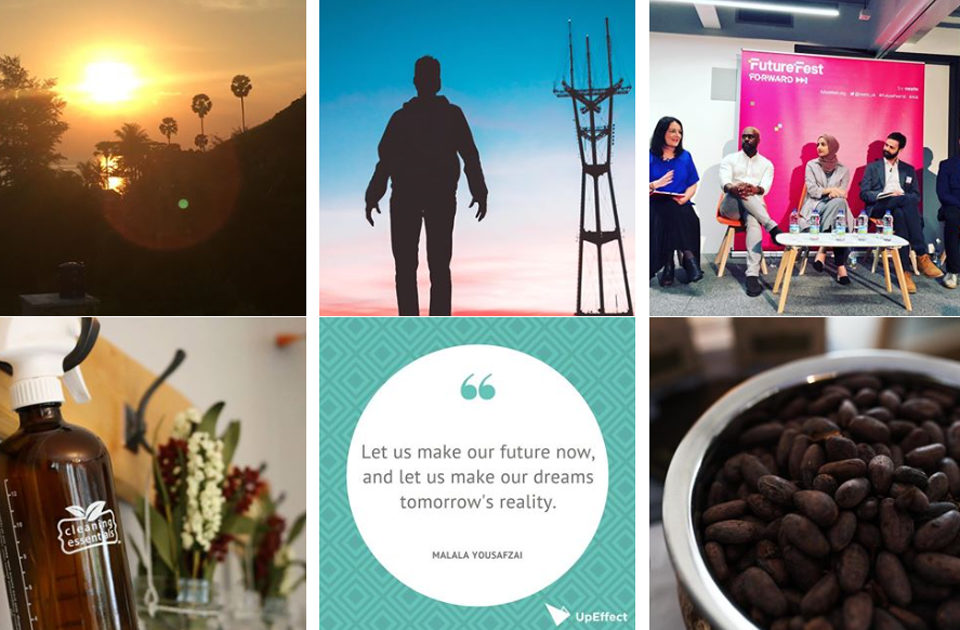
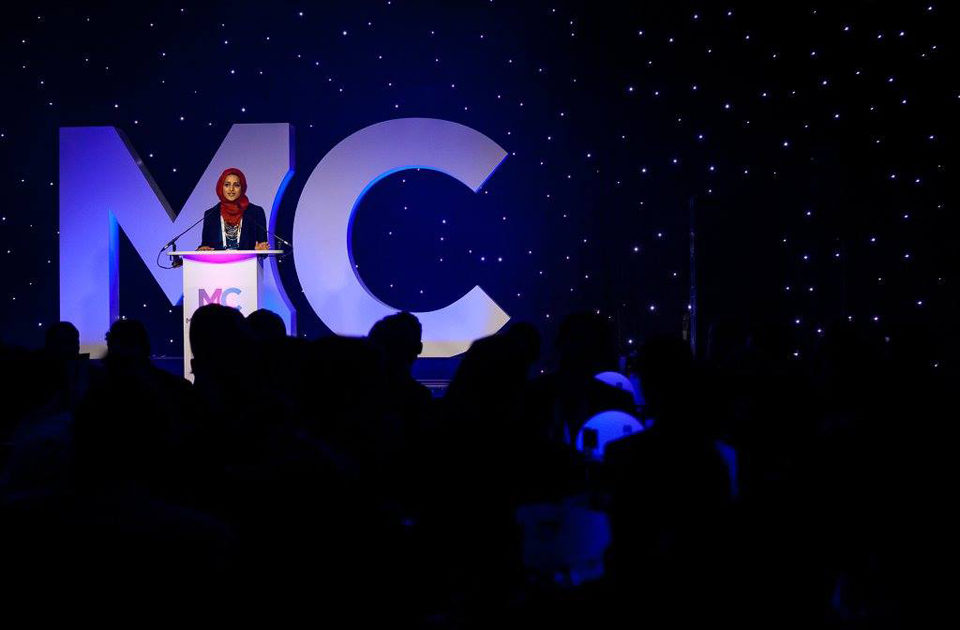
From my faith – I believe each of us was put on this Earth to serve a purpose, to create value for people, to tackle community problems and present viable solutions. Islam teaches us to serve humanity and my parents constantly reminded me of this while growing up.
A trend within the ethical sector that I’ve noticed is the fact that more often than not, the reason that projects (or brands) start-up is due to pure passion and love for what’s being done. Combining that with somebody who is leading the way in lifting those projects off the ground, is a powerful combination.
Even if this has only been a very brief introduction to Sheeza’s work, it was lovely to get to understand more about UpEffect and its plans for the future. After all, I want to embrace the essence of what she’s doing by supporting other people’s work myself…
Have you heard of UpEffect? Who do you think I should interview, next? Let me know in the comments!
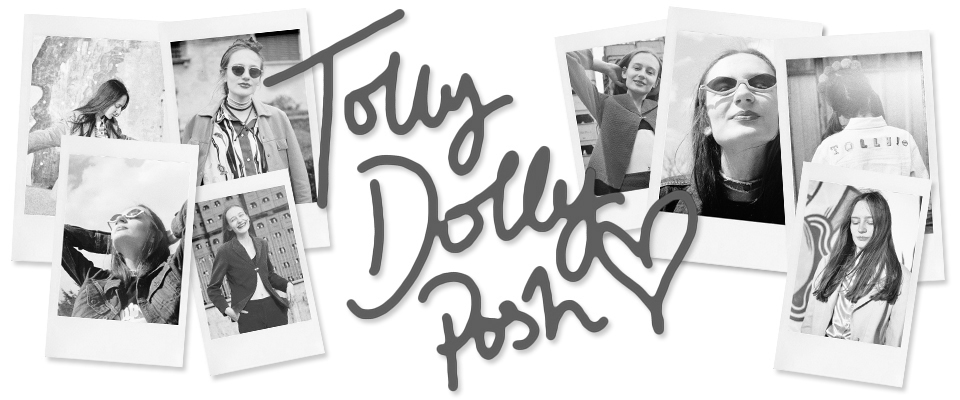


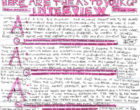
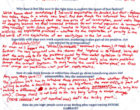

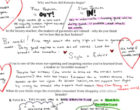
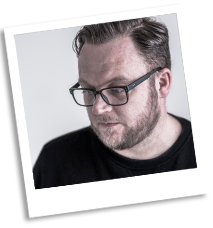
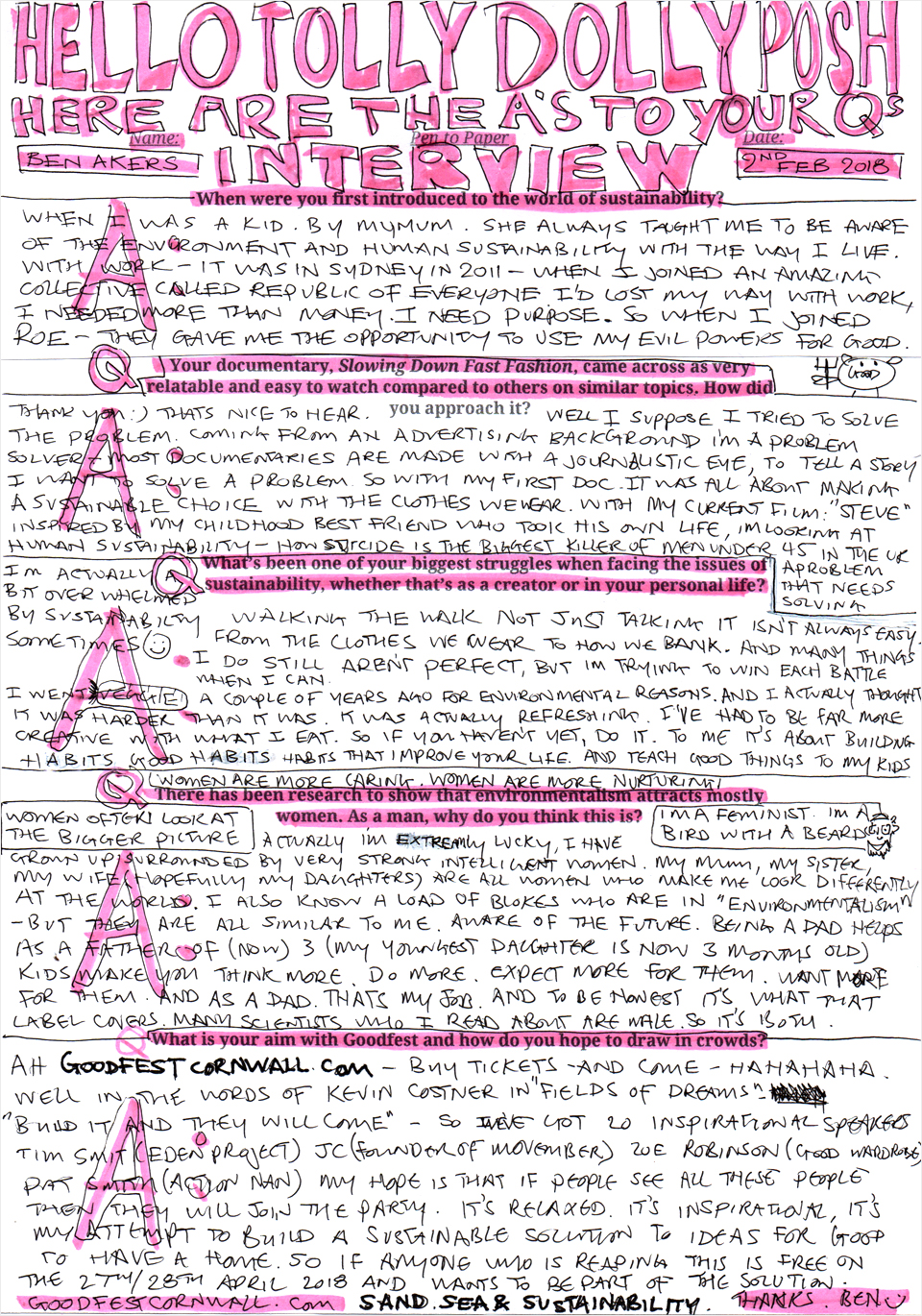
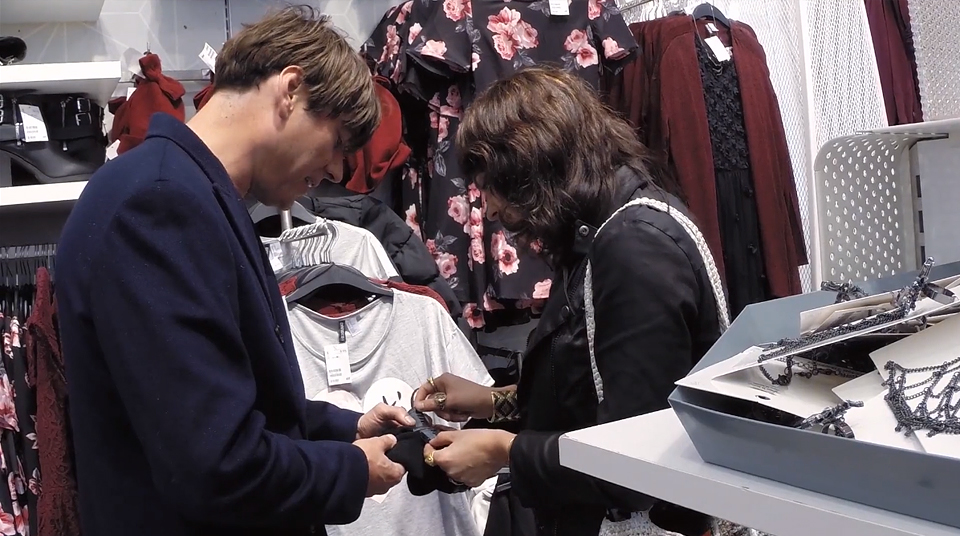
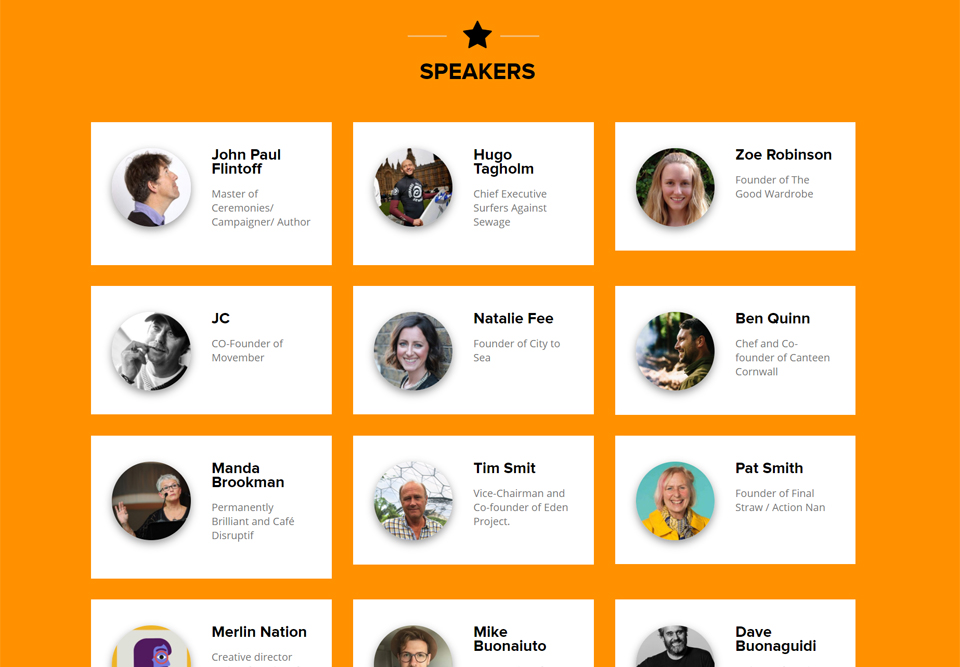
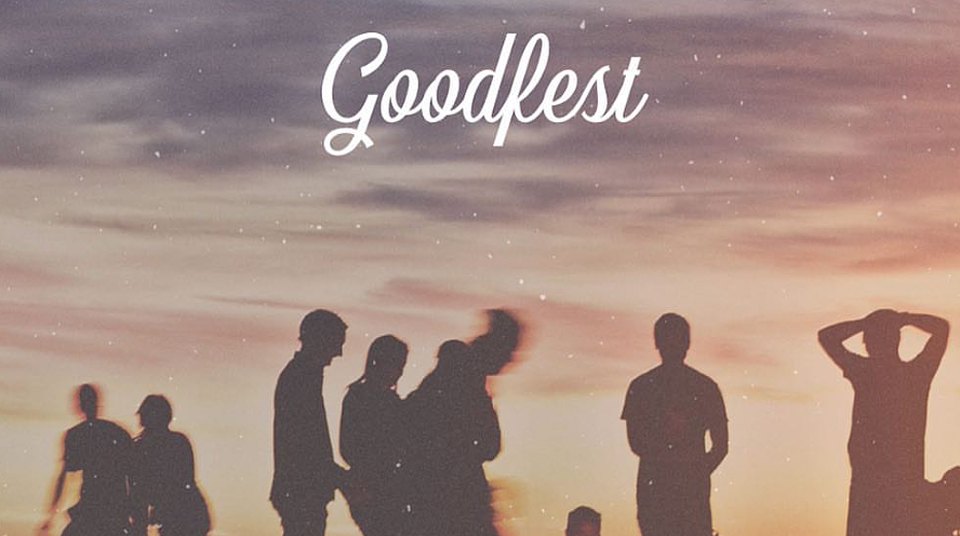
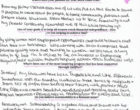
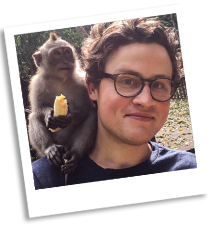
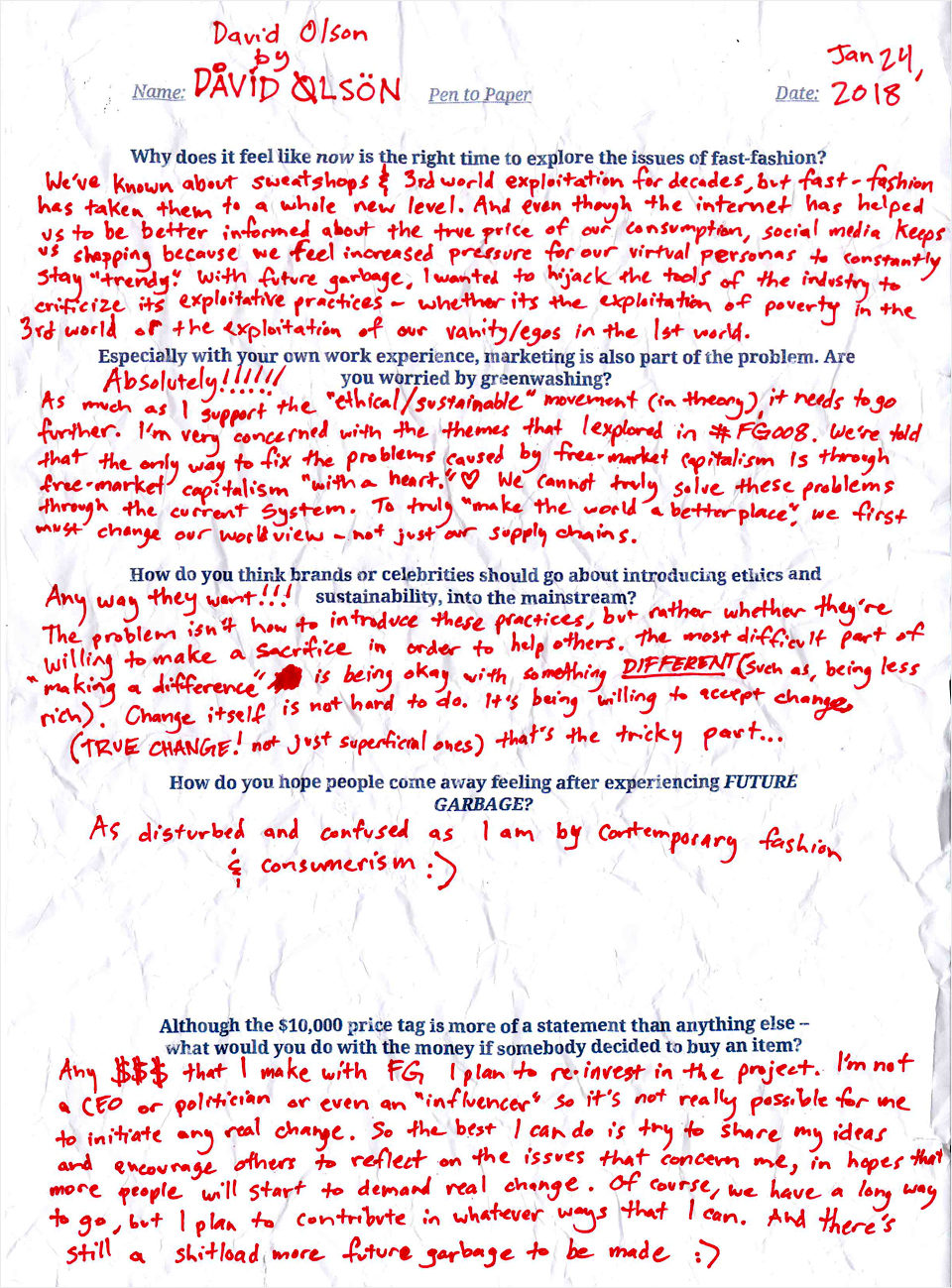
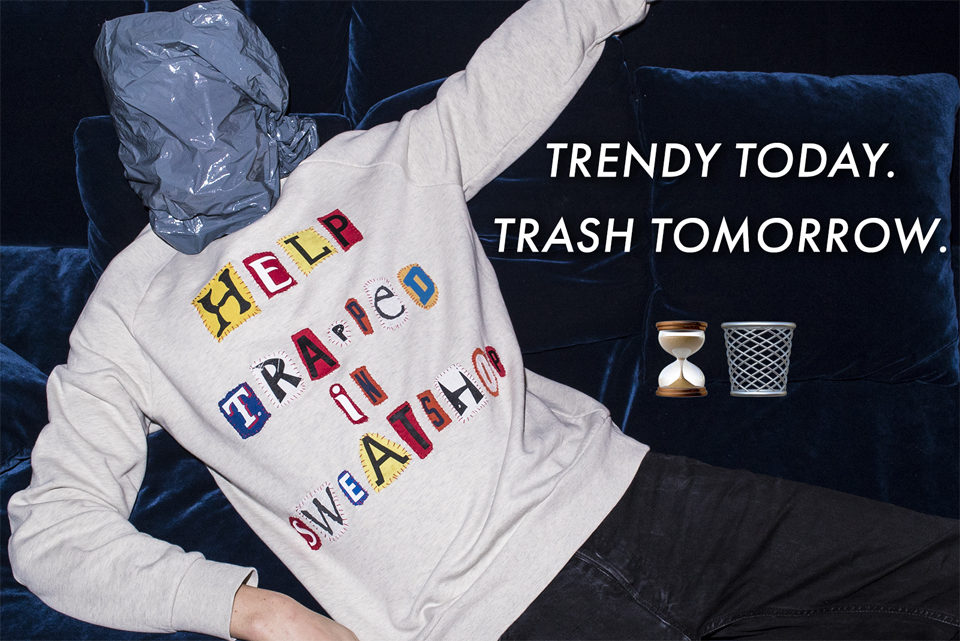
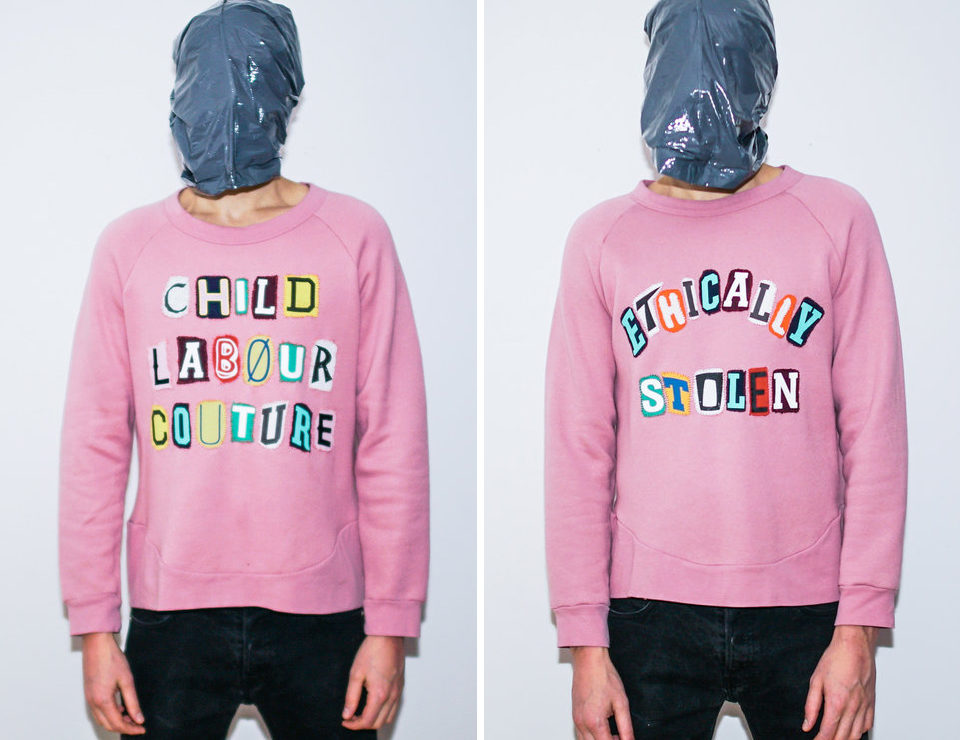
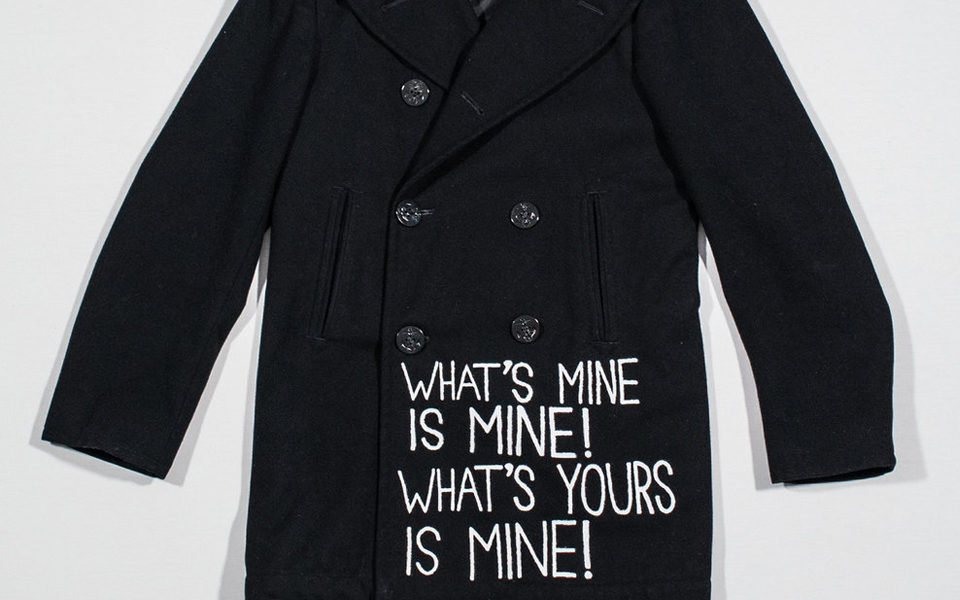
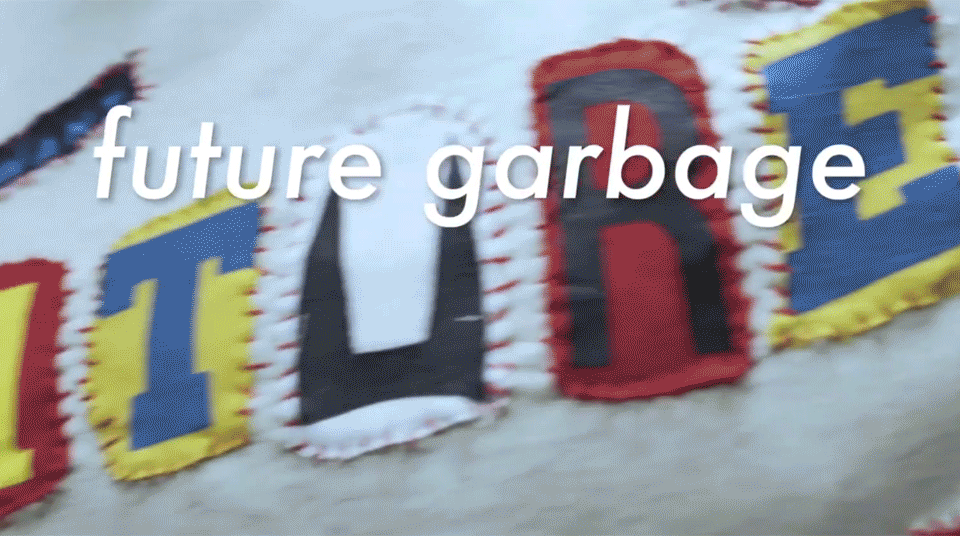
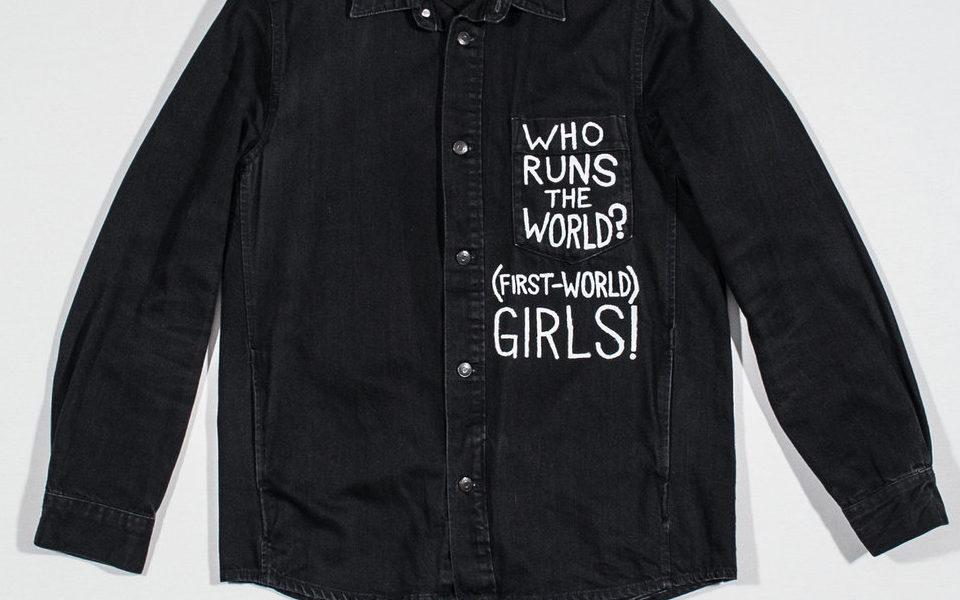

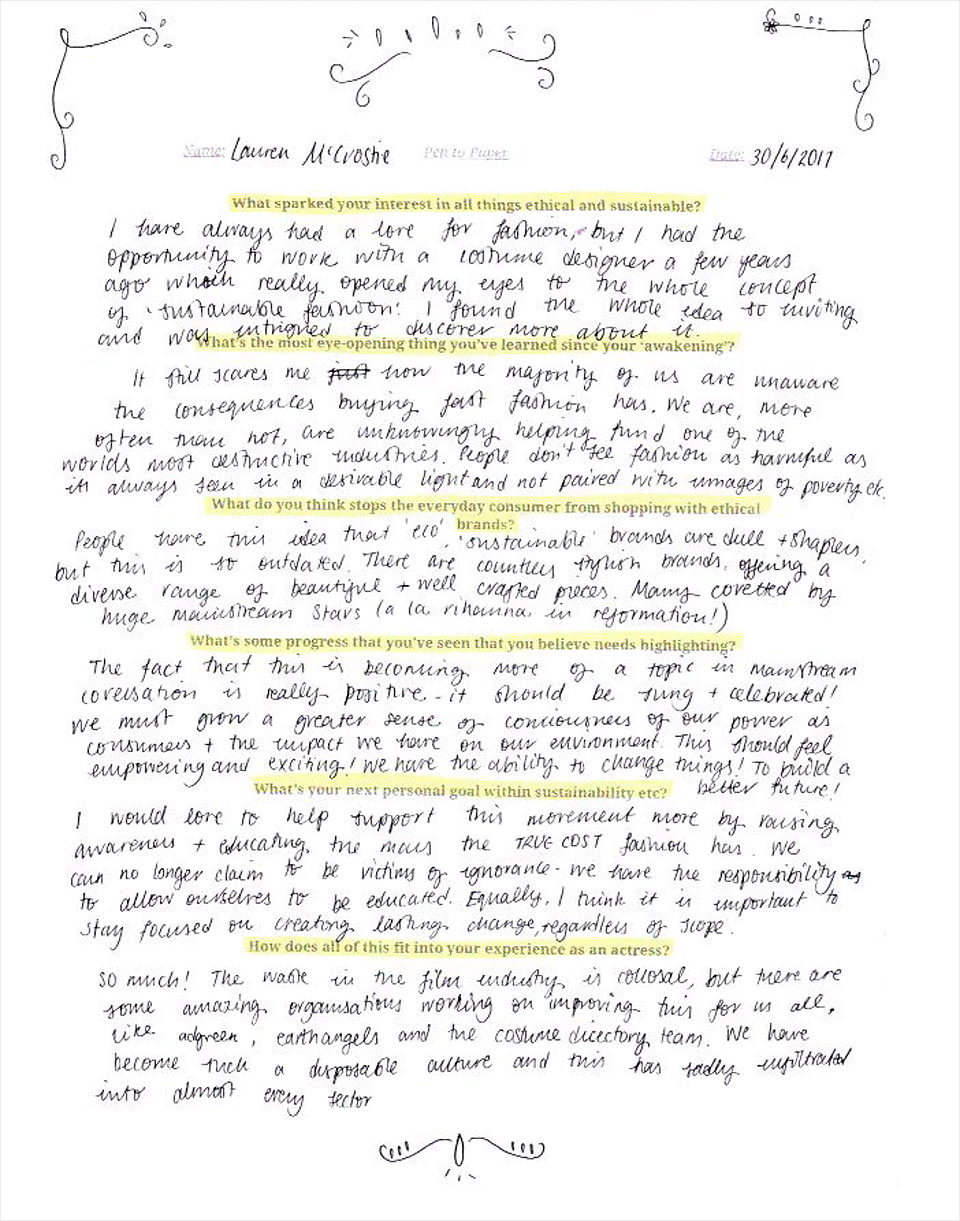
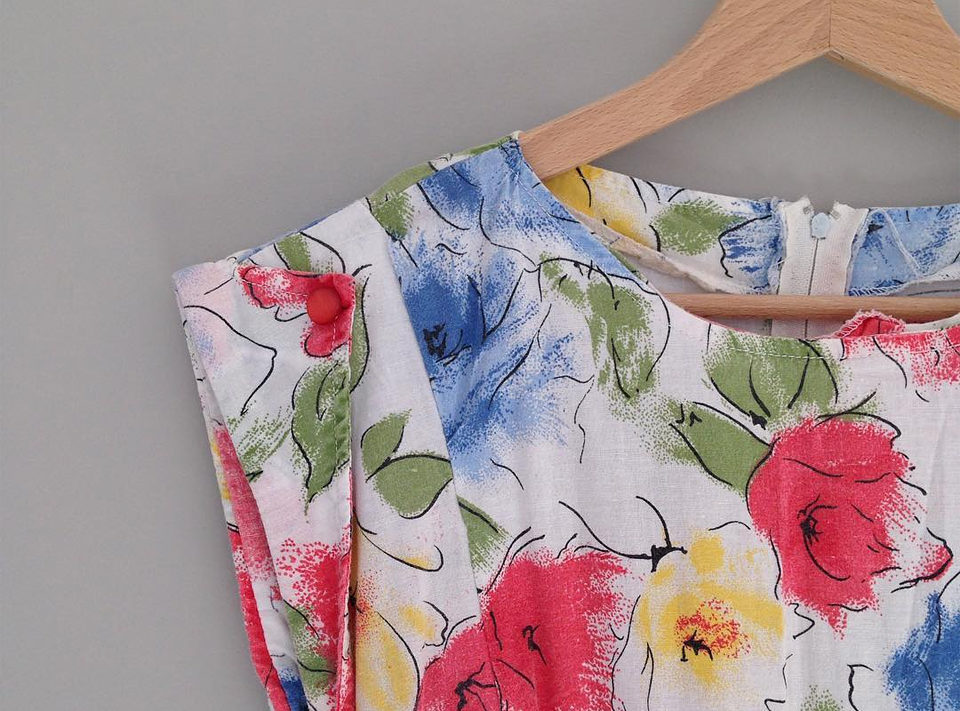
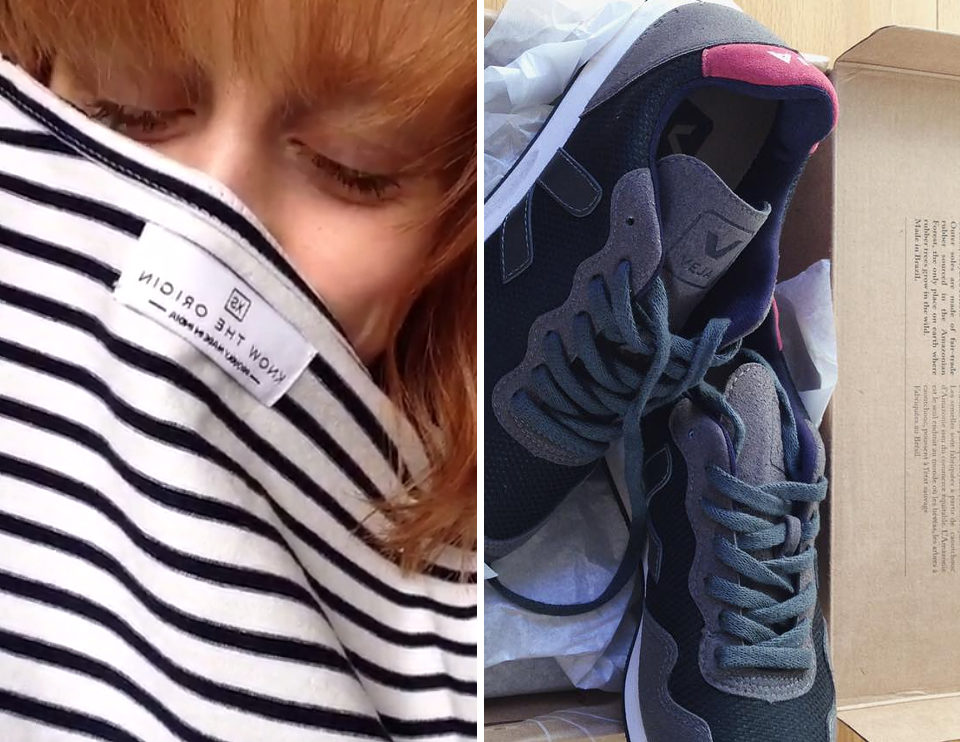
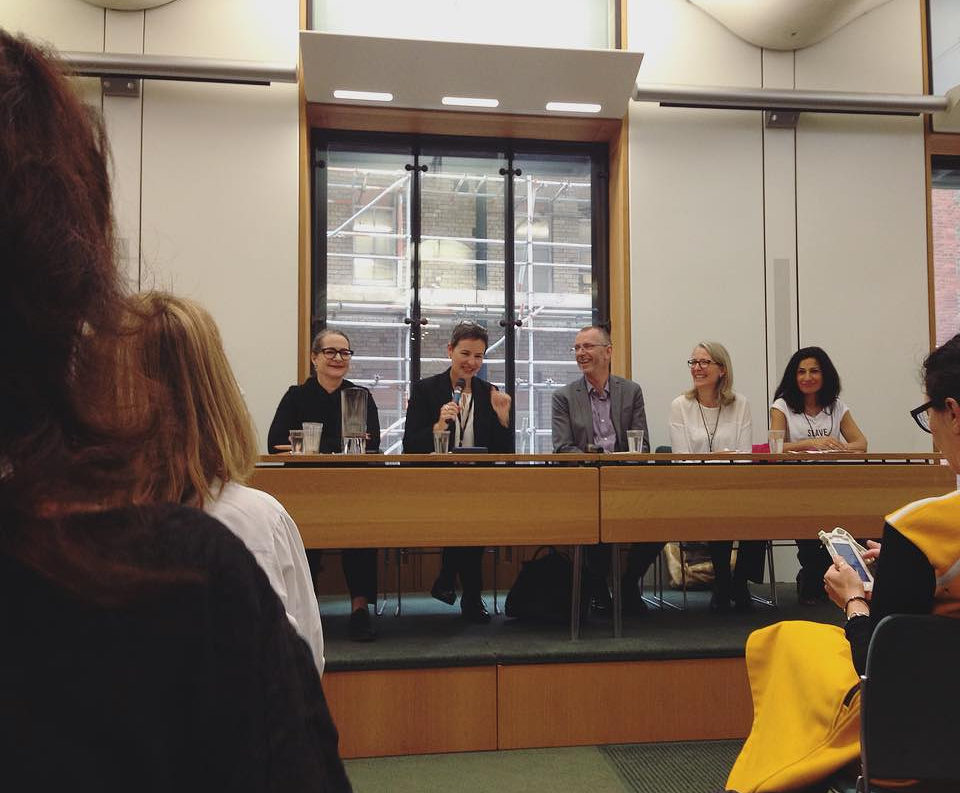
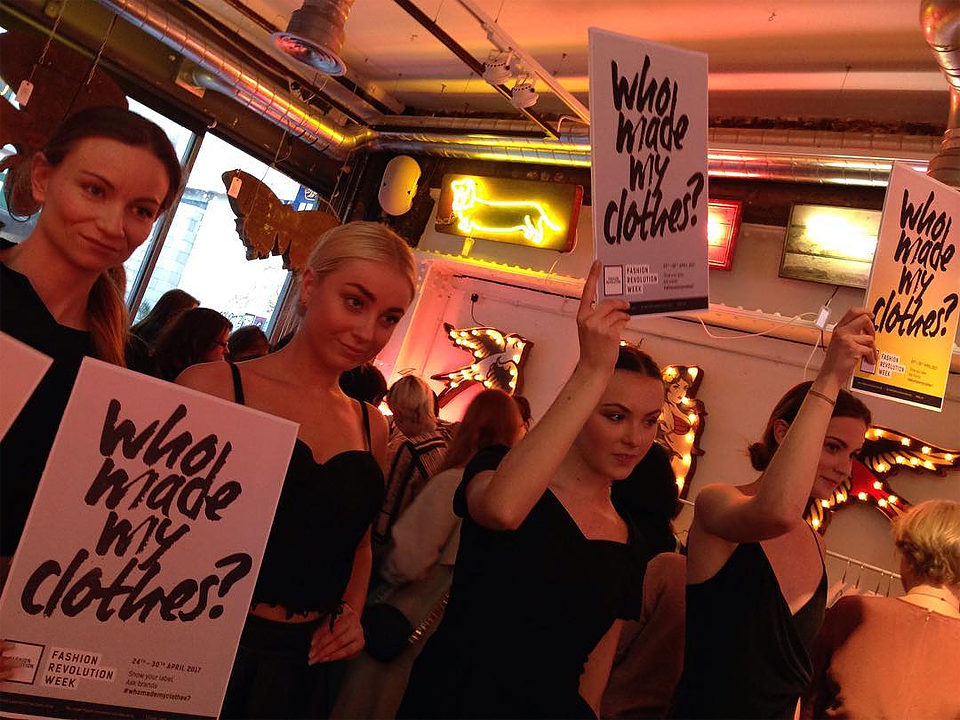
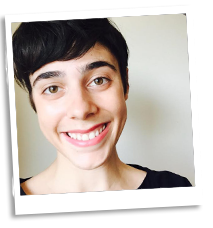
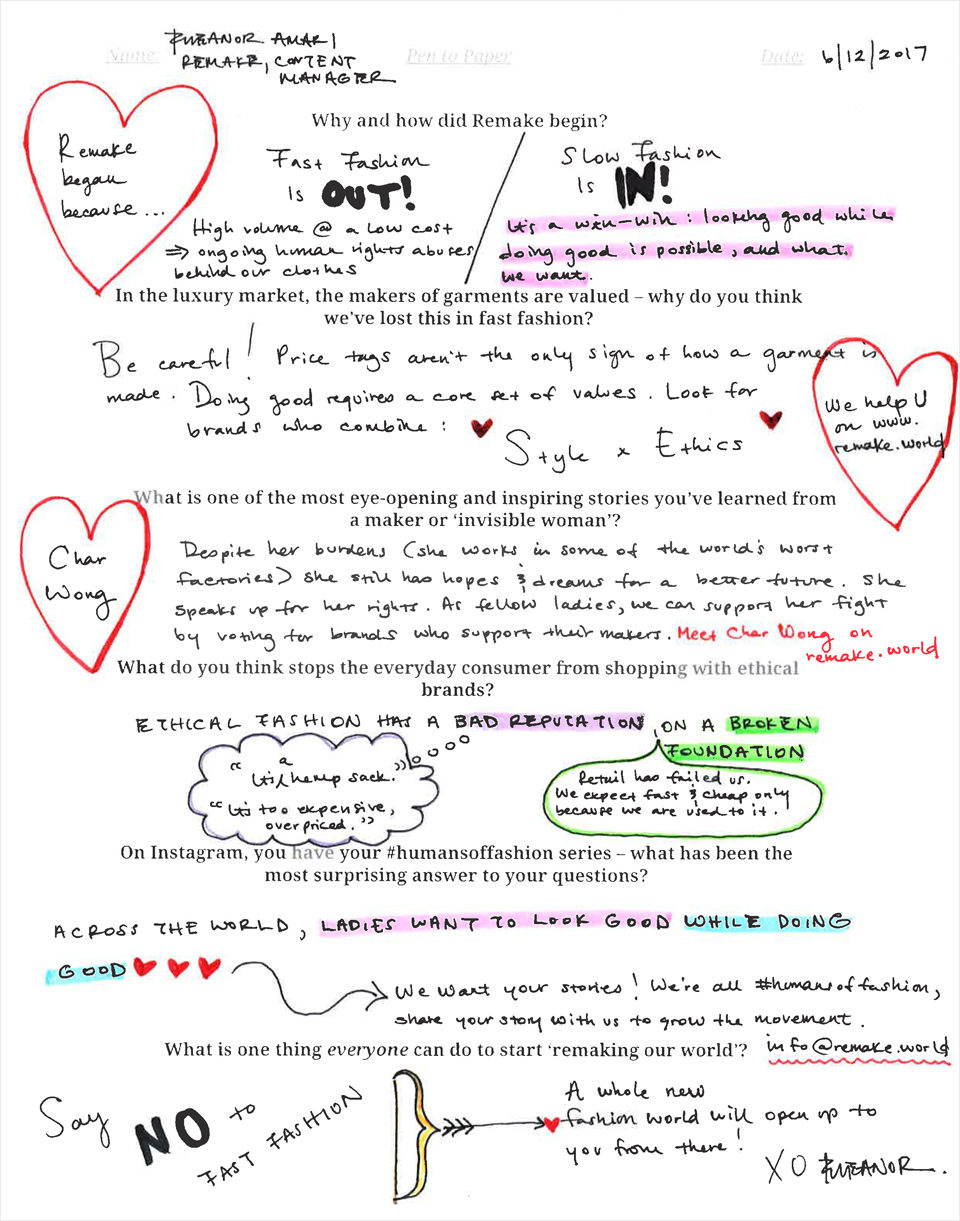
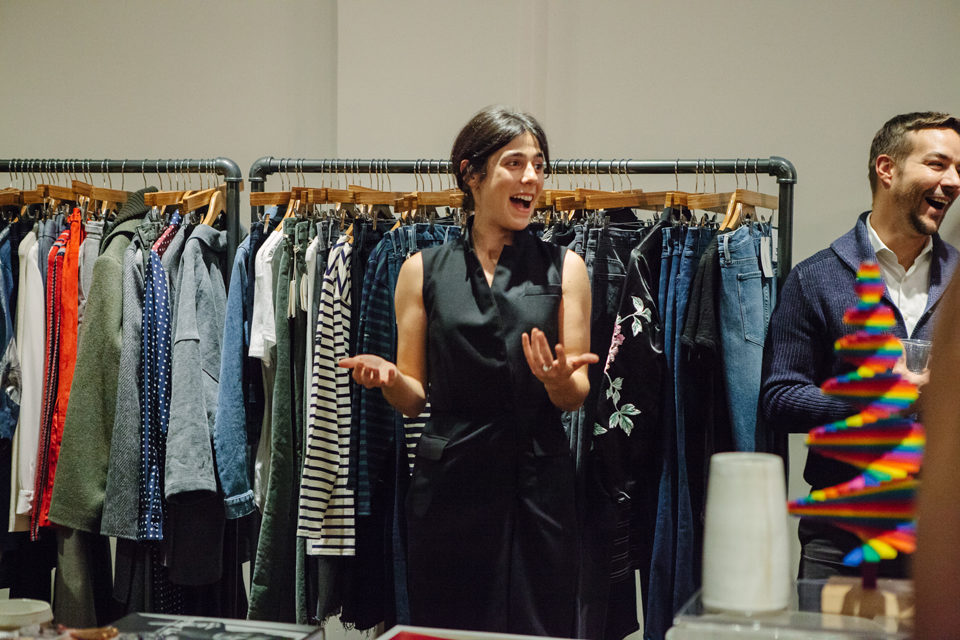
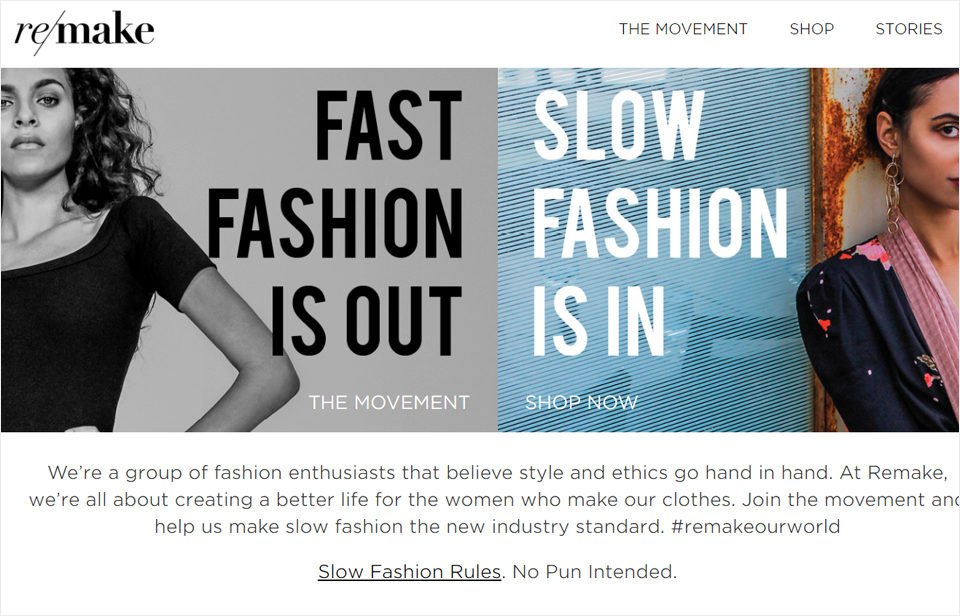
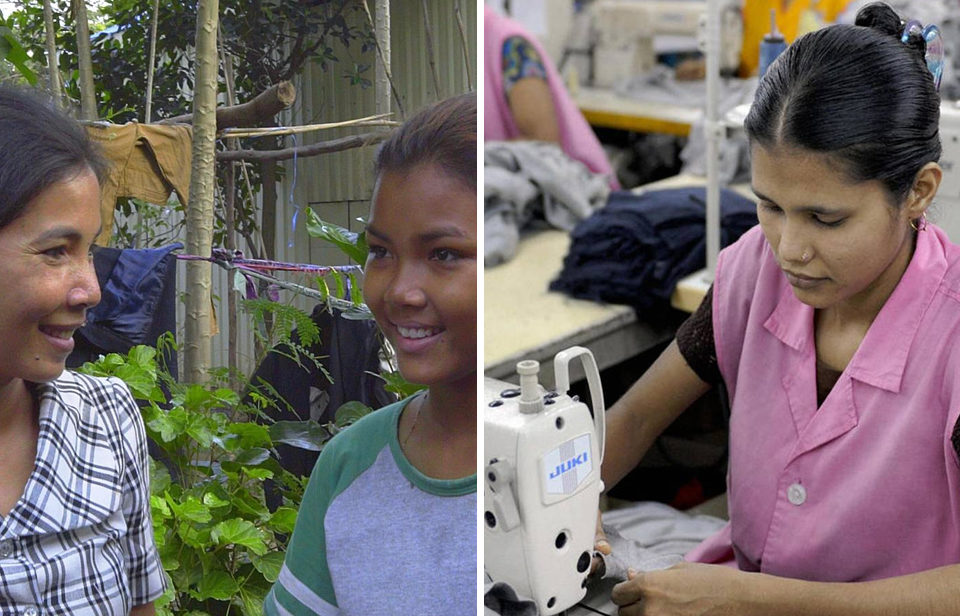

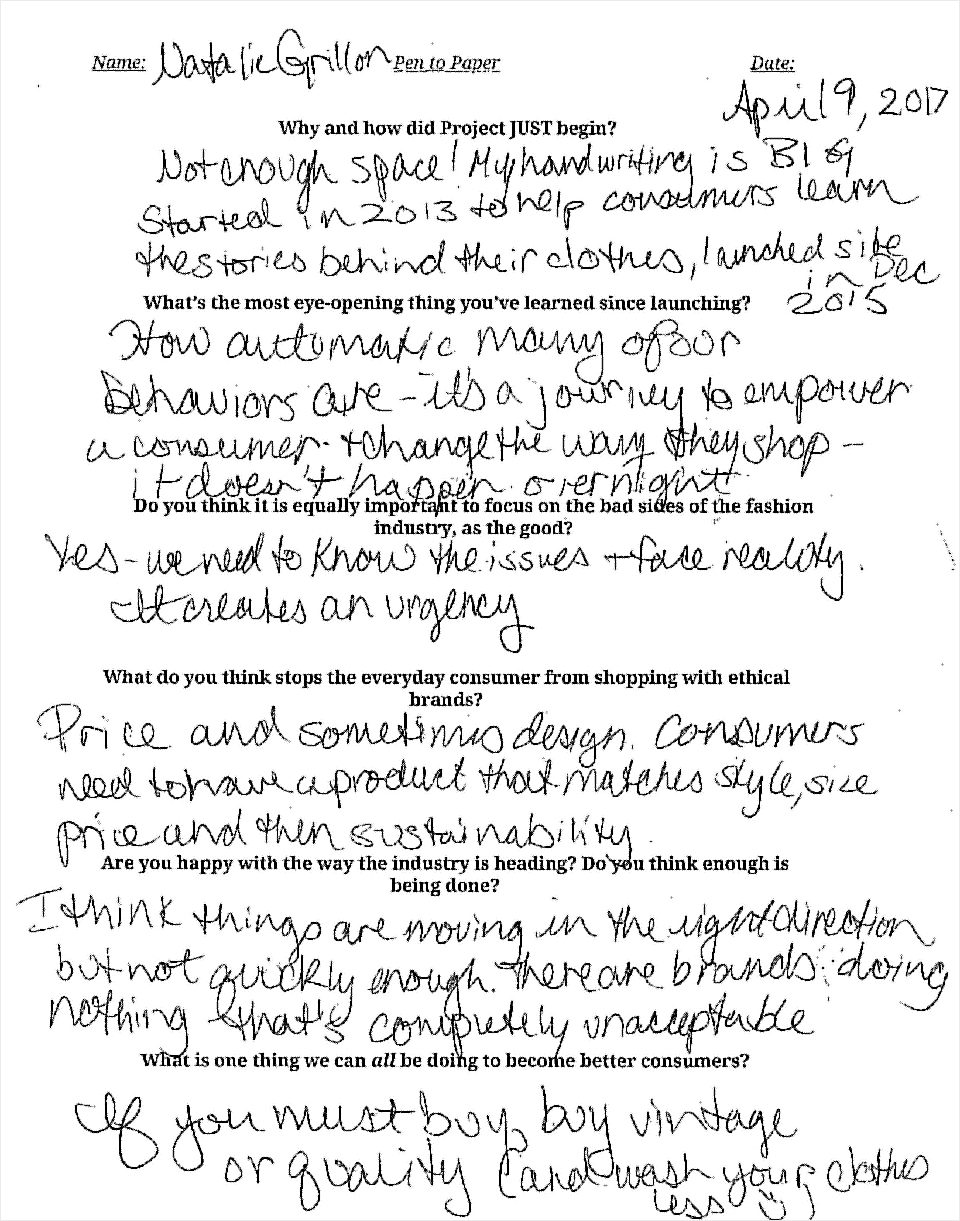
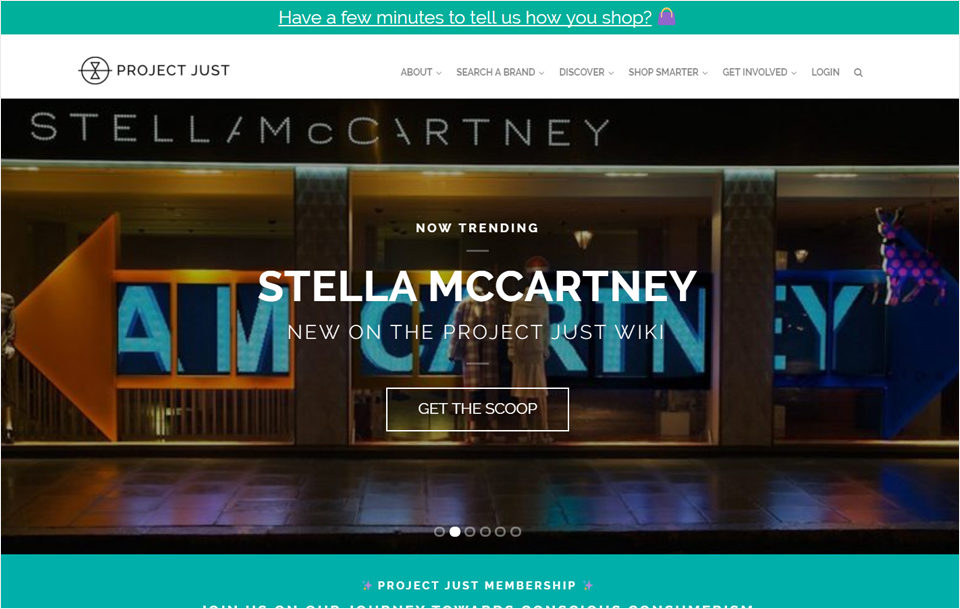
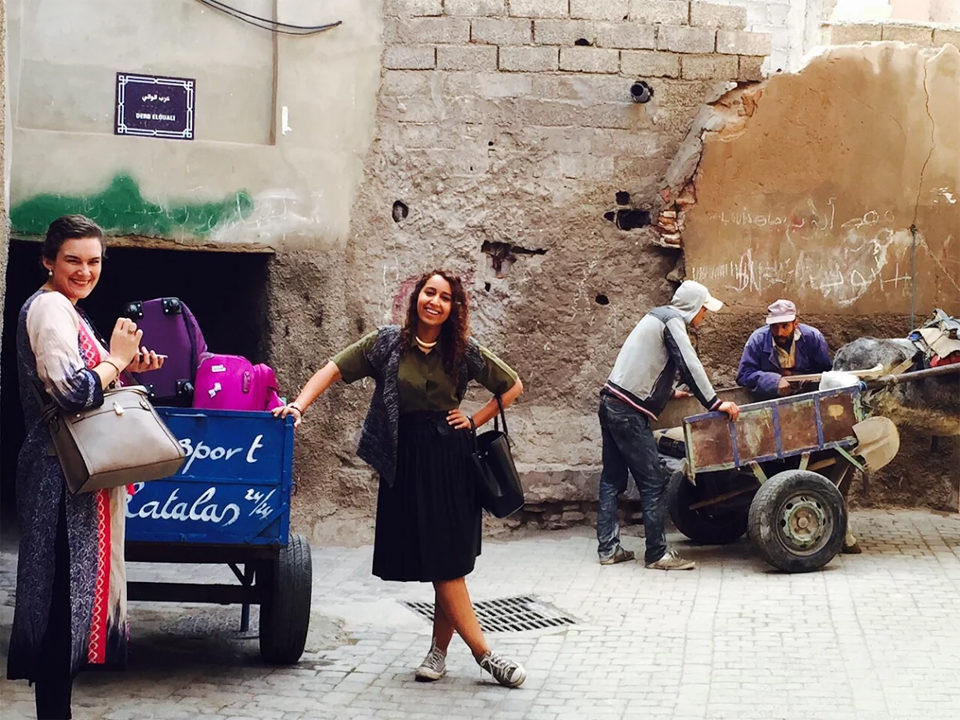
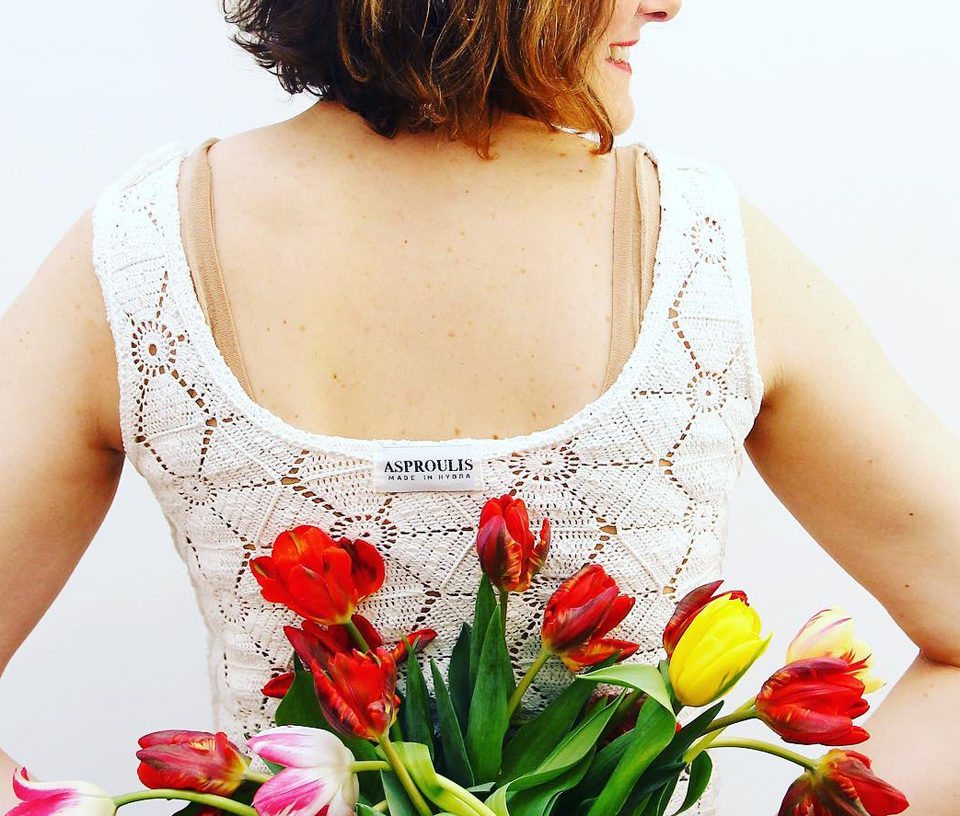
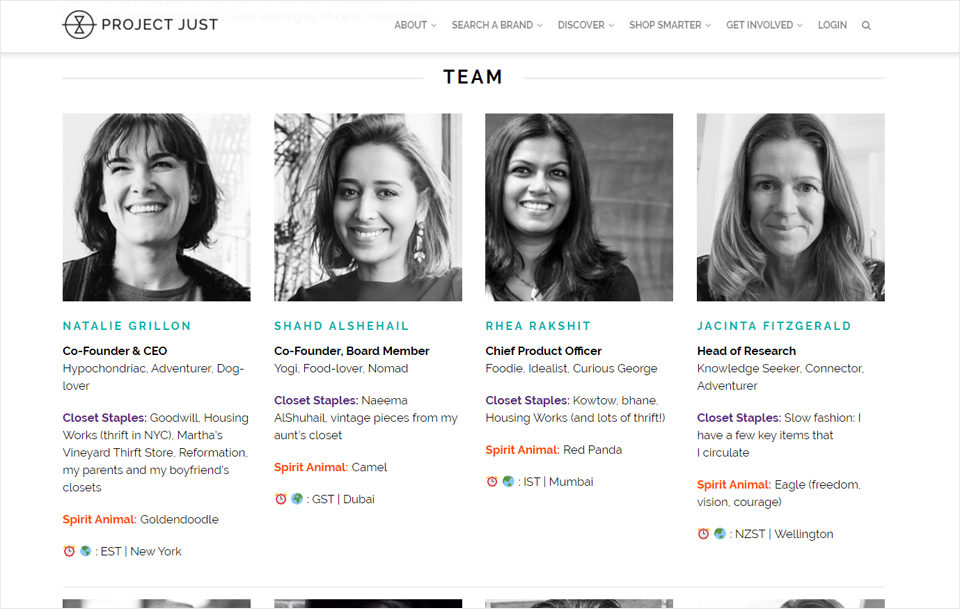
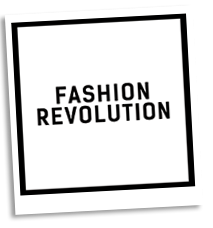
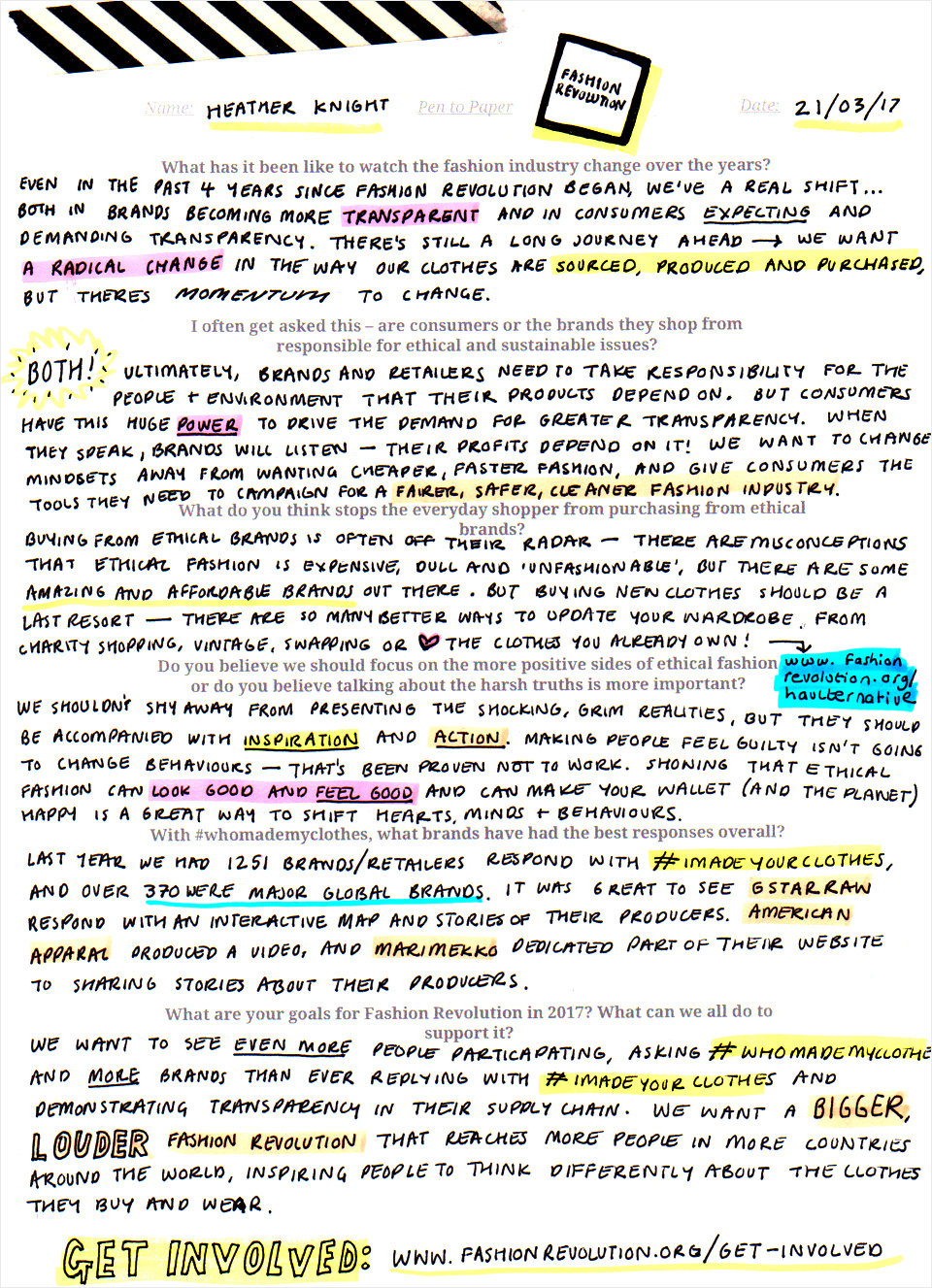
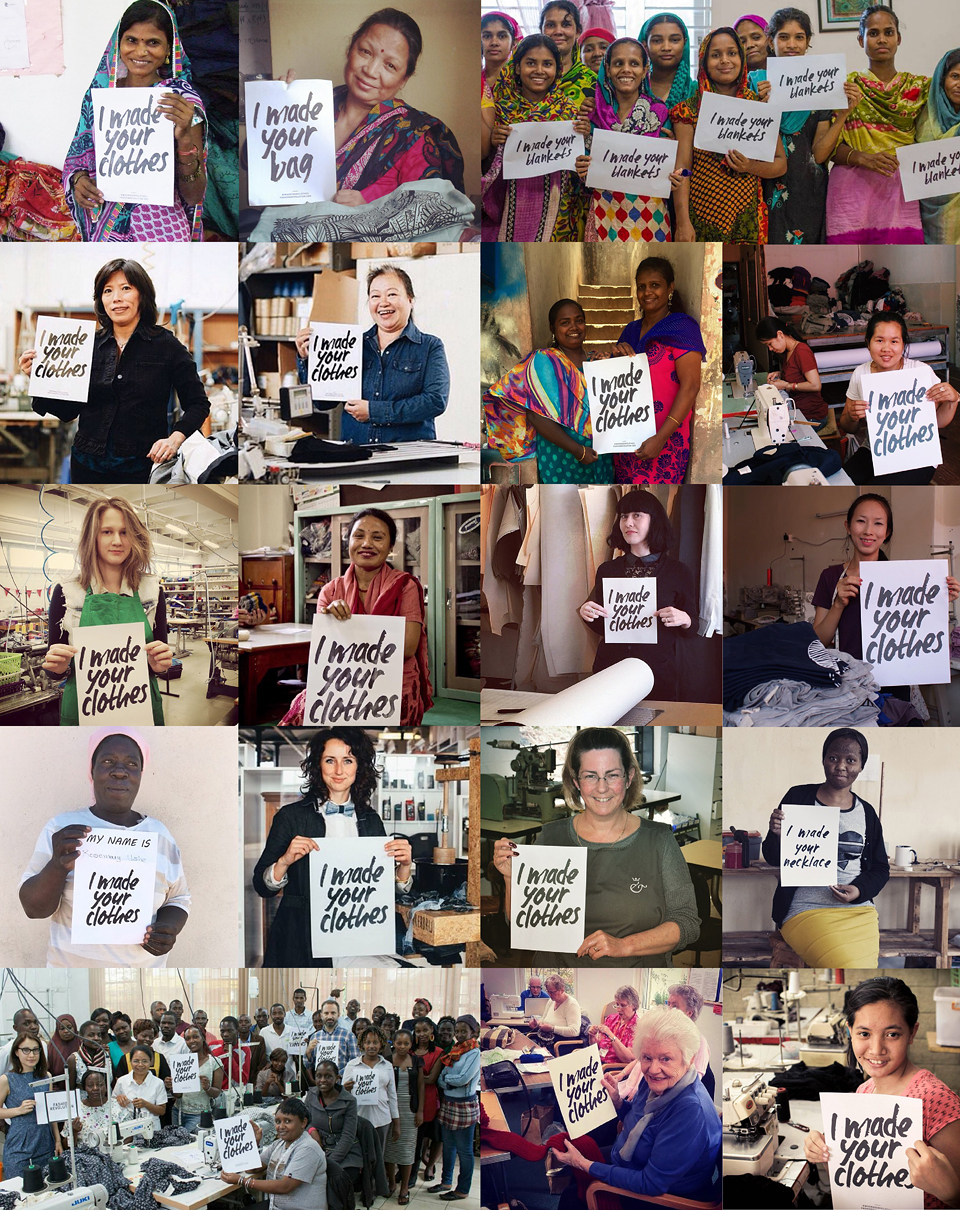
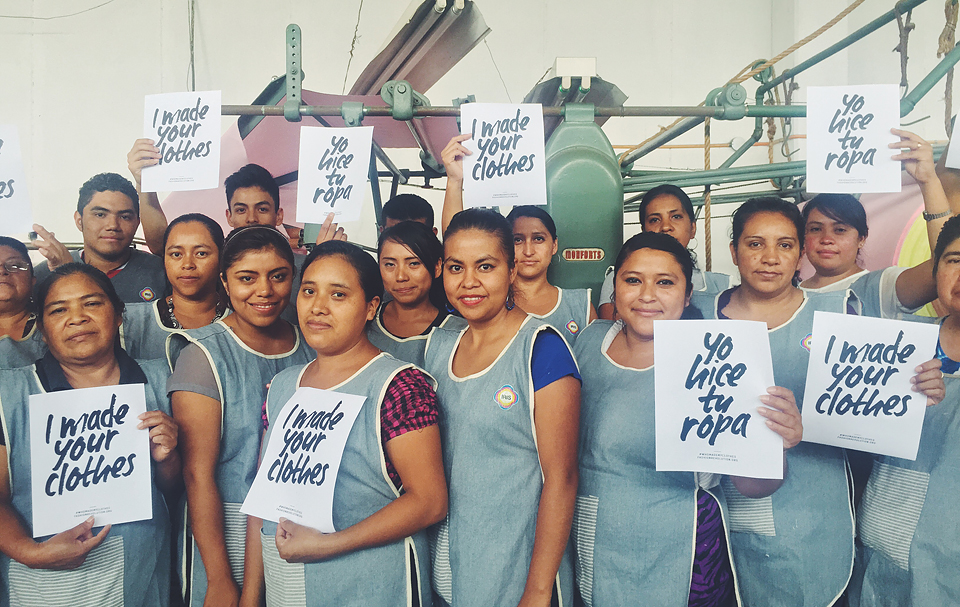
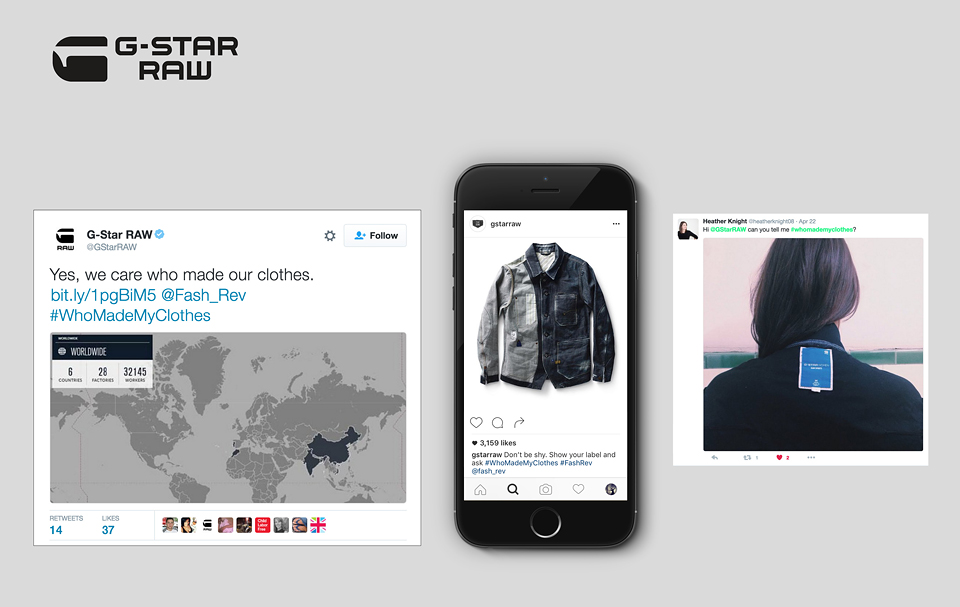
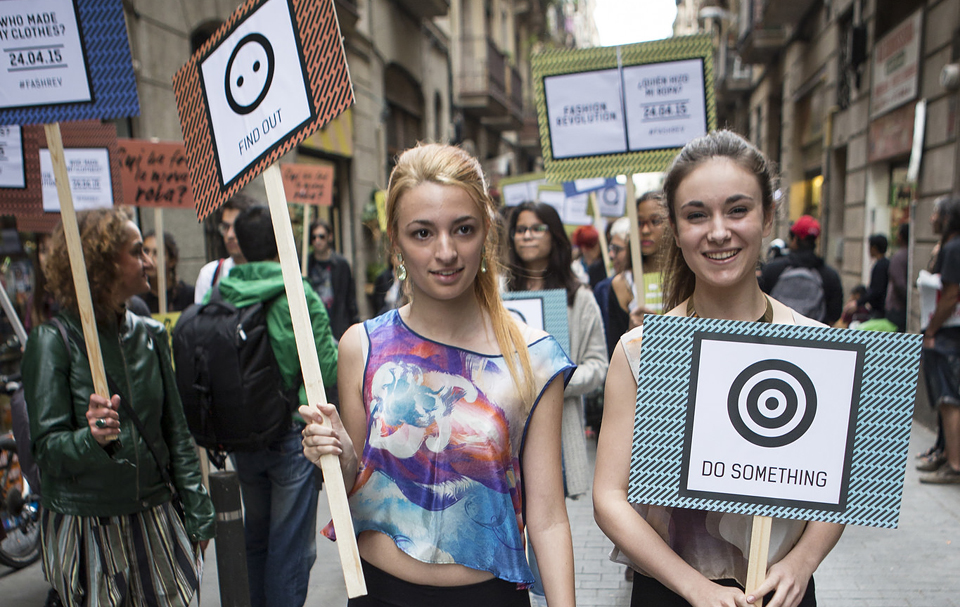




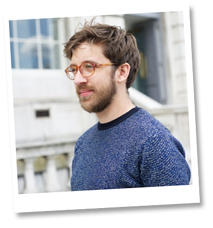
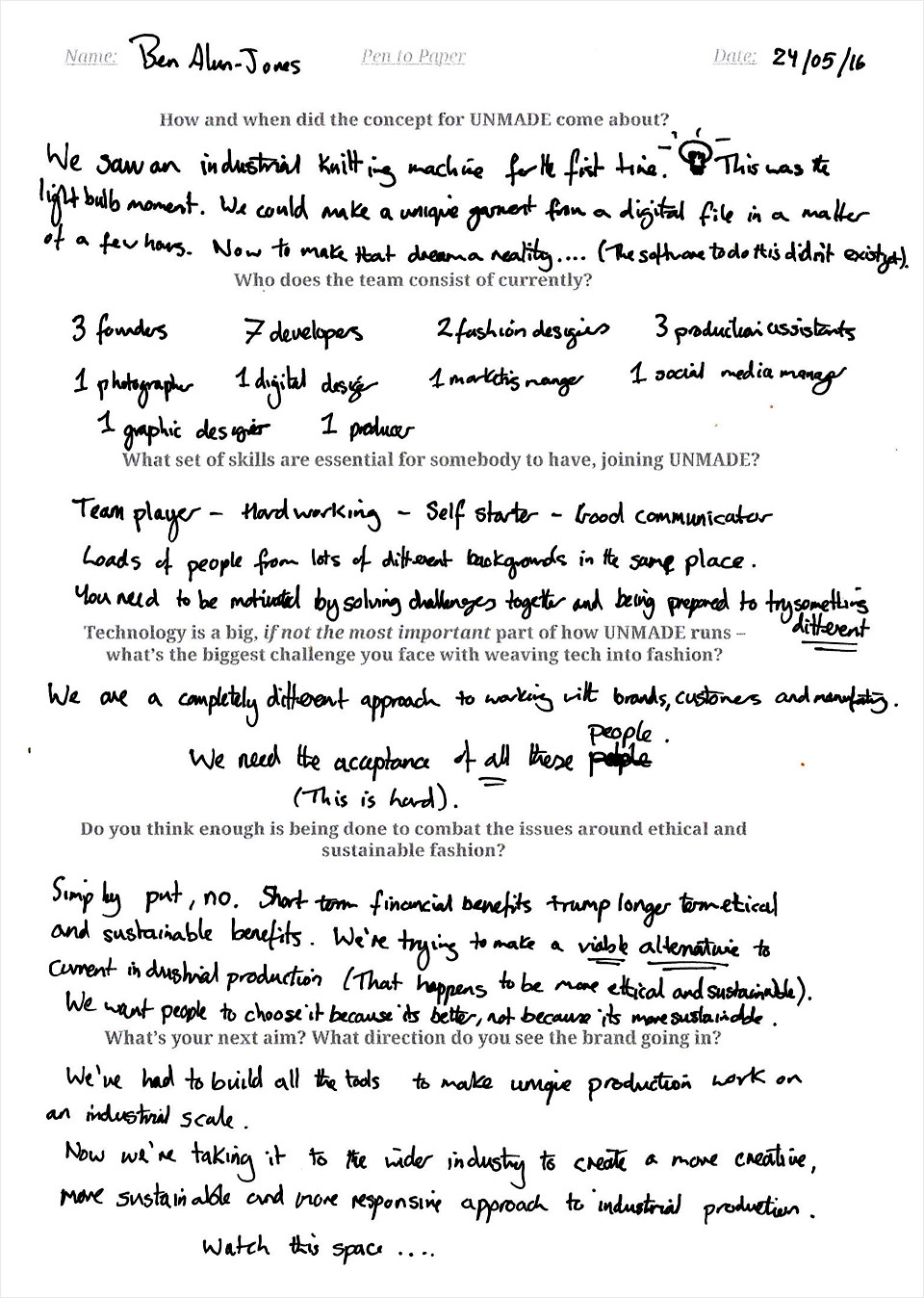
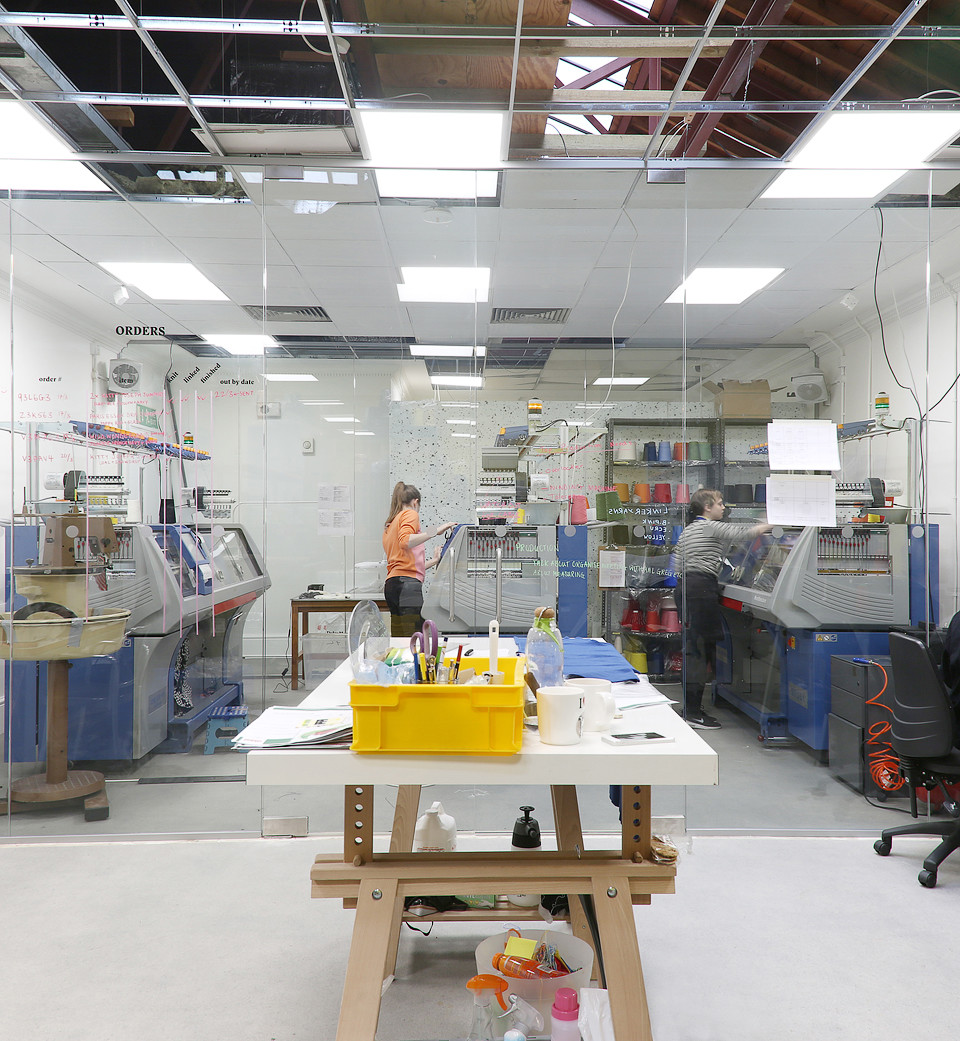
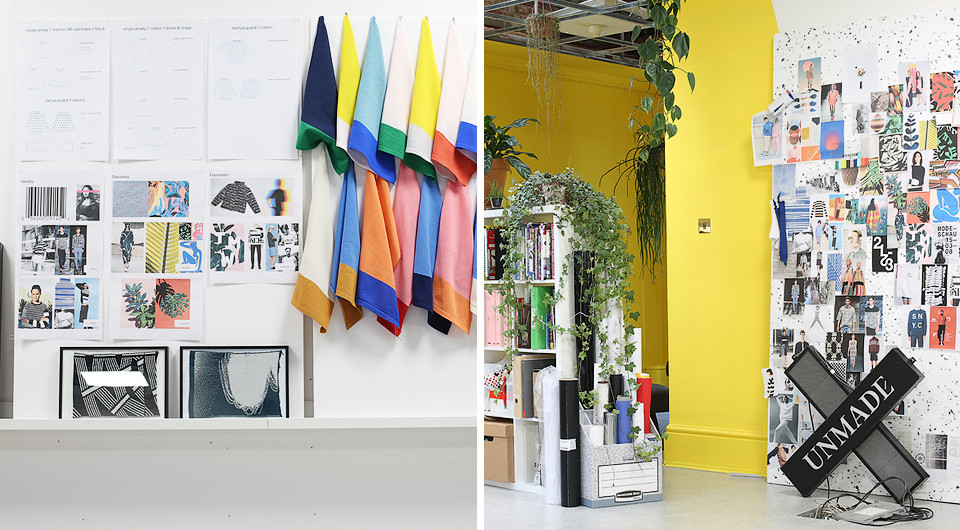
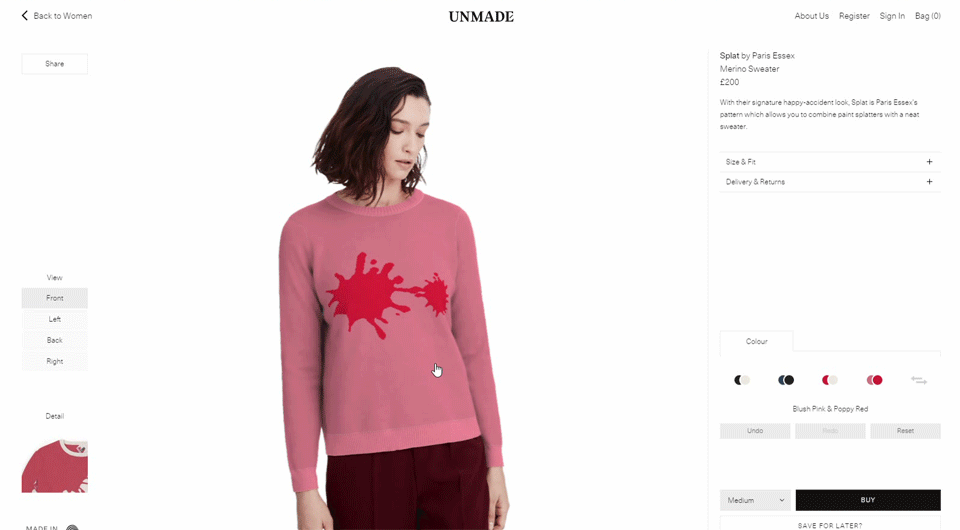
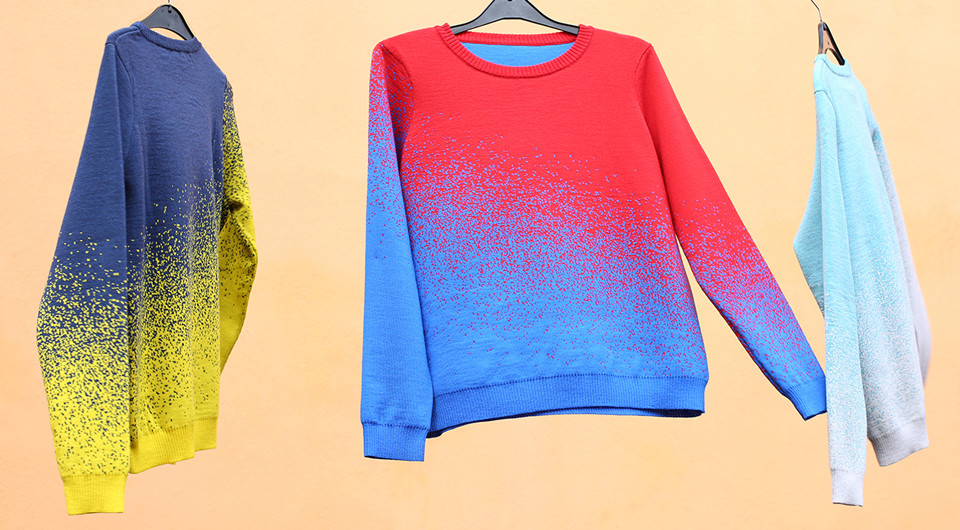
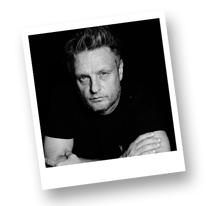 Rankin is a fashion photographer who made his name through the publishing world after founding the well-known fashion and culture magazine, Dazed & Confused, alongside Jefferson Hack back in 1992. The magazine was a way to showcase emerging talent including fellow photographers. Rankin has shot for many well known brands (Nike, Dove, L’Oreal and Belstaff to name a few), magazines (ELLE, VOGUE, GQ, Harper’s Bazaar), names and faces (the Queen, Vivienne Westwood and David Bowie are among the list).
Rankin is a fashion photographer who made his name through the publishing world after founding the well-known fashion and culture magazine, Dazed & Confused, alongside Jefferson Hack back in 1992. The magazine was a way to showcase emerging talent including fellow photographers. Rankin has shot for many well known brands (Nike, Dove, L’Oreal and Belstaff to name a few), magazines (ELLE, VOGUE, GQ, Harper’s Bazaar), names and faces (the Queen, Vivienne Westwood and David Bowie are among the list).